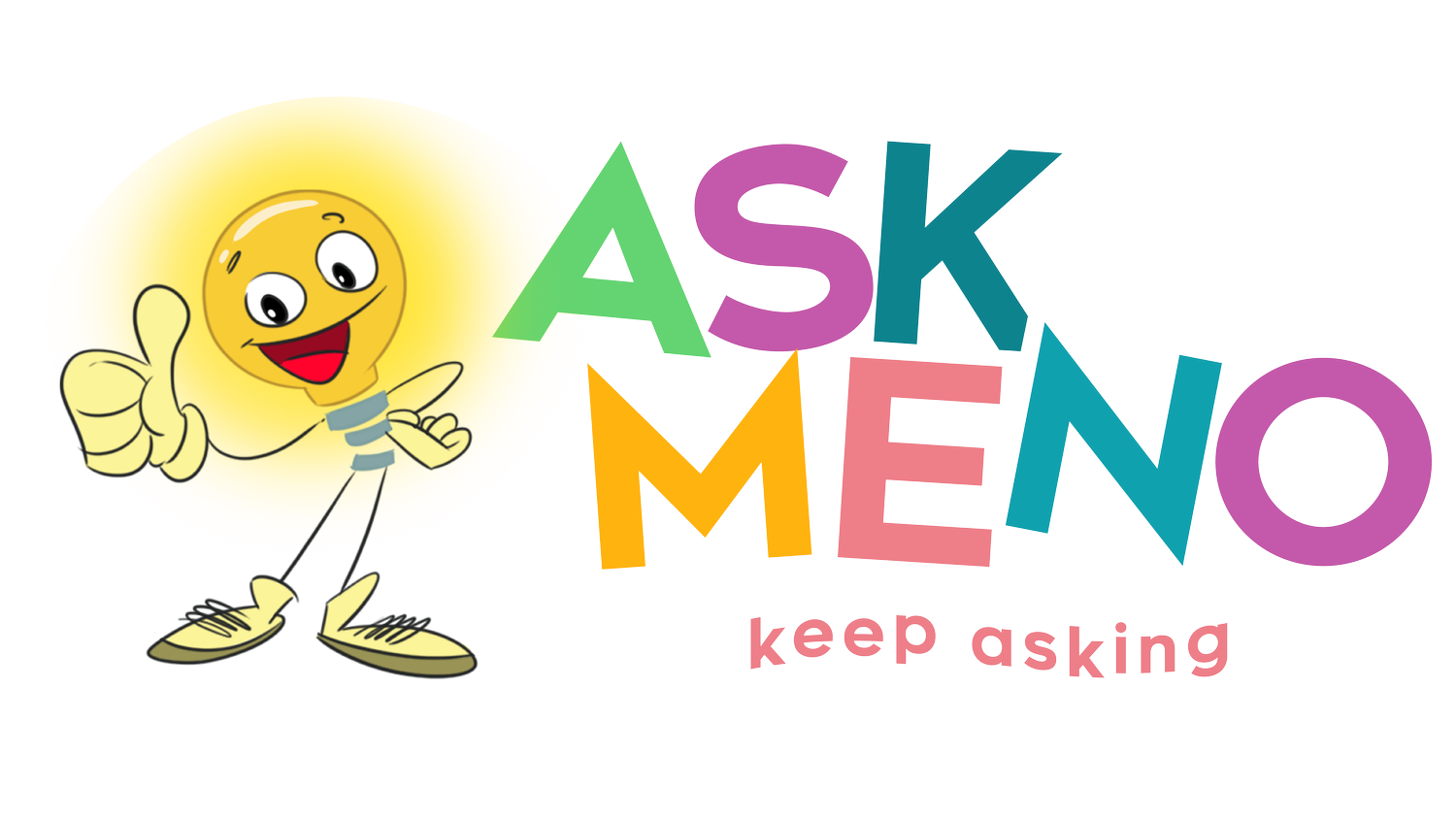Dialogic Classroom Talk
One of the most important social skills, learning from others, is rarely taught in the classroom—or even in daily life. Early learners often struggle with what's called “dialogic classroom talk,” due to the sheer magnitude of complexities involved in this hidden curriculum¹.
Why is it so hard? Research has delved into the factors that make high-quality class discussion difficult to orchestrate¹:
🗣️Lack of student motivation to work with others
🗣️Presence of behavioral conversation stoppers
🗣️Underdeveloped active listening skills
🗣️Teachers sharing that there is a lack of good models to scaffold and support discussion
🗣️High prevalence of undiagnosed, moderate-level Developmental Language Disorder (see article)
We've highlighted the role of conversational turns in teacher-learner discussions in previous posts, but in today's post, the focus on learner-learner discussions, also known as "dialogic classroom talk."
In a 2024 academic journal, a framework was proposed to enable early-learning teachers to explicitly teach these skills¹. It includes micro-lessons that model and practice the following norms of group discussion:
💡Follow-up questions (Why do you think that?)
💡Contributions (I think that… One idea I had is…)
💡Role playing conversation stoppers (kids seem to have fun with this)
💡Listening and acceptance language (That is a good idea... I like that...)
Most reading curricula focus on word recognition, but we should also make time for quality dialogic class talk!
What has been your experience with high-quality learner to learner discussions in early learning group settings?
—--
Sources:
About AskMeno
AskMeno is dedicated to helping early-childhood leaders build the foundational oral language and social skills necessary for their young scholars’ reading comprehension and emotional wellbeing. AskMeno provides a play-based, teacher-facilitated supplemental curriculum that systematically and explicitly develops oral language and social skills through scaffolded, fun, and engaging learning activities.






